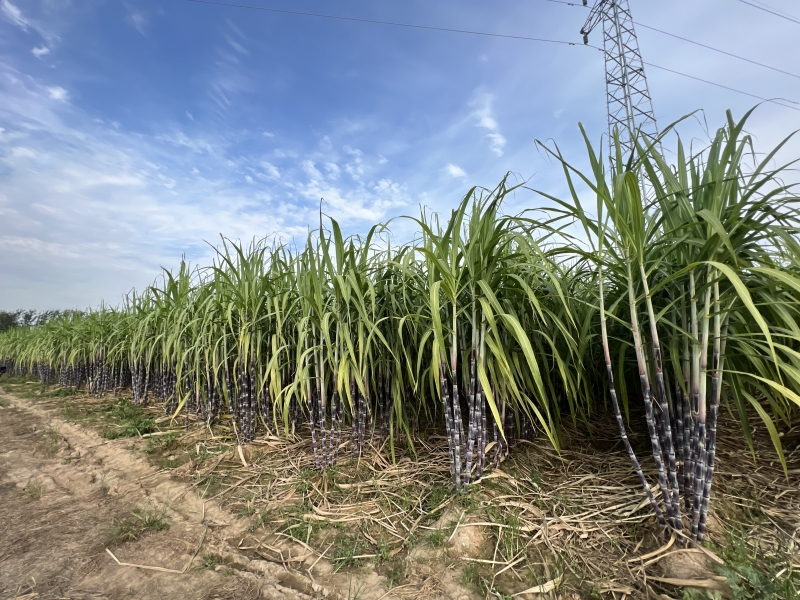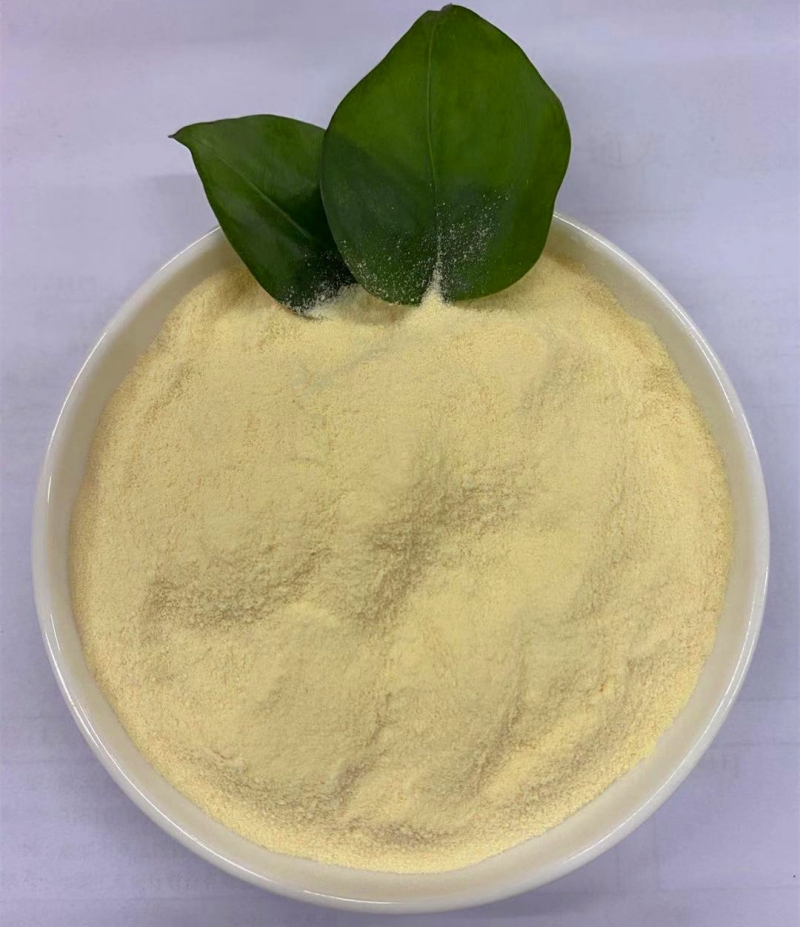Introduction
In the vast and intricate world of agriculture, the role of organic fertilizers has become increasingly pivotal. These fertilizers, derived from natural sources, promise not just enhanced crop yield but also a sustainable approach to farming. Among the myriad components of organic fertilizers, amino acids stand out, playing a crucial role in plant nutrition. This article delves deep into the world of Plant Amino Acids and their profound impact on nutrient uptake in plants.
Understanding Amino Acids in the Plant World
Amino acids, often termed the building blocks of life, are organic compounds that play a fundamental role in the growth and development of all living organisms. In plants, these amino acids take on a special significance, ensuring that plants grow healthily and robustly. Specifically tailored amino acid for plants ensures that they receive the nutrition they need to thrive.

What is the role of amino acids in plant nutrition?
Essential Building Blocks: At the heart of plant growth and development are proteins. Amino acids serve as the primary building blocks for these proteins, ensuring that plants have the structural integrity and functionality they need.
Nutrient Absorption: Beyond just structural roles, amino acids play a pivotal role in nutrient absorption. They facilitate the uptake of essential nutrients from the soil, ensuring that plants receive a balanced diet.
How do amino acids affect plants?
Growth and Development: A plant’s growth is a complex interplay of various factors. Amino acids fertilizer ensure that cell division and elongation processes occur seamlessly, leading to robust plant growth.
Stress Resistance: The world of plants is fraught with challenges, from environmental stresses to pesky invaders. Amino acids bolster plants’ natural defenses, ensuring they can withstand these challenges with ease.
Enhanced Photosynthesis: At the core of a plant’s energy system is photosynthesis. Amino acids play a crucial role in chlorophyll production, ensuring that plants can efficiently convert sunlight into energy.
Why does the plant need to transport amino acids to the roots?
Root Development: The roots are a plant’s lifeline, drawing in water and nutrients from the soil. Amino acids ensure that these roots are strong and well-developed, setting the stage for optimal nutrient and water uptake.
Soil Interaction: A plant’s roots are in constant interaction with the soil. Amino acids enrich these roots, ensuring they can extract the maximum amount of nutrients from the soil.
What do amino acids do in plant metabolism?
Energy Production: Every living organism needs energy to function. In plants, amino acids play a pivotal role in metabolic pathways, ensuring that they have a steady energy supply.
Synthesis of Important Compounds: Beyond energy, plants need various compounds to function optimally. Amino acids are involved in synthesizing these vital compounds, from hormones to other organic molecules.
Conclusion
Amino acids, with their myriad benefits, are revolutionizing the way we approach plant nutrition. Their role in promoting nutrient uptake, ensuring robust growth, and bolstering plant defenses is undeniable. As the agricultural landscape evolves, amino acids are set to play an increasingly pivotal role, promising a future where farming is not just productive but also sustainable.












